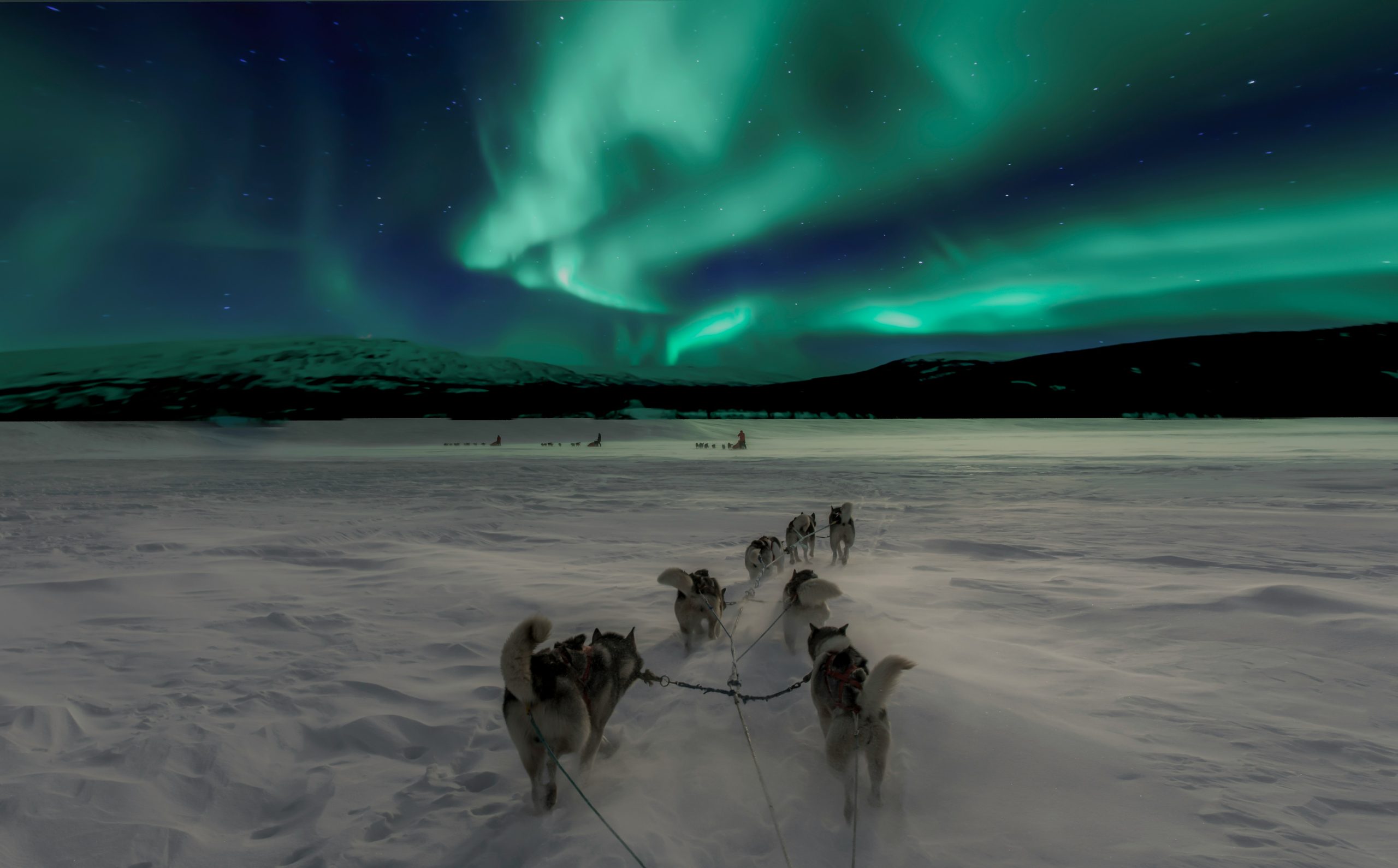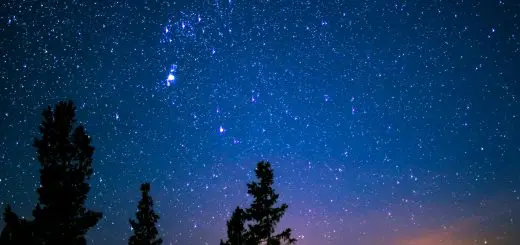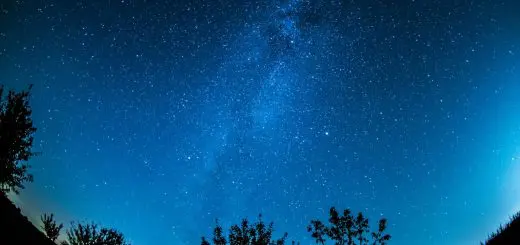Is There Life After Death? Exploring the Big Question

Looking for more amazing products? Check out our online store and explore our collection here! Happy shopping!
Before diving in, please note: This post is for informational purposes only. If you’d like to know more about how we approach topics, feel free to check out our friendly Disclaimer Page.
Hey there, amazing readers! 
We’re committed to delivering quality posts, and your support (even just sticking around despite the ads) means everything to us. So, bear with us, and thanks for helping us keep the good vibes rolling. Now, on to the fun stuff!
TRANSLATE BUTTON AT THE END OF THE ARTICLE
What happens after we die?
It is one of the most profound questions humanity has grappled with for millennia.
Whether you ponder it on sleepless nights or discuss it with friends over coffee, the concept of life after death is both fascinating and deeply personal.
In this article, we will explore the big question from philosophical, spiritual, scientific, and cultural perspectives.
The Age-Old Curiosity
Death is a certainty of life, yet the idea of what comes next is shrouded in mystery.
Across time and cultures, people have sought to understand the afterlife.
Is it a continuation of existence?
A transformation?
Or simply the end?
While no one can answer definitively, the many theories and beliefs surrounding this question reveal the depth of our curiosity and desire for meaning.
Philosophical Takes on Life After Death
Philosophers throughout history have tackled the concept of life after death, each bringing a unique perspective:
Dualism: Championed by René Descartes, dualists believe in a separation of the body and soul, with the soul continuing beyond physical death.
Materialism: Materialists argue that consciousness is tied to the physical brain, meaning death is the end of awareness.
Idealism: Some philosophers suggest reality is a mental construct, meaning existence could continue in non-physical ways.
Existentialism: This school of thought often sidesteps the afterlife, focusing instead on creating meaning in the here and now.
Philosophy encourages us to think critically about our assumptions and expand our understanding of life’s mysteries.
Religious Views on the Afterlife
Religious beliefs have shaped how societies view death and the afterlife.
Here are some perspectives from major world religions:
Christianity: Believers often view death as a passage to eternal life, with heaven or hell as destinations based on earthly deeds.
Islam: The afterlife involves judgment, leading to paradise (Jannah) or punishment (Jahannam), depending on one’s faith and actions.
Hinduism: Death is seen as part of the cycle of reincarnation, where one’s soul is reborn until achieving liberation (moksha).
Buddhism: Similar to Hinduism, Buddhism emphasizes reincarnation, with the ultimate goal of breaking free from the cycle of rebirth (nirvana).
Judaism: Jewish beliefs vary, with some emphasizing an afterlife and others focusing more on living a righteous life in the present.
These traditions show how deeply connected the question of life after death is to culture and spirituality.
Scientific Perspectives
While science may not prove or disprove the afterlife, it offers insights into the nature of consciousness and what happens when we die:
Near-Death Experiences (NDEs): Many who have had NDEs report vivid encounters with tunnels of light, deceased loved ones, or feelings of peace.
While skeptics attribute this to brain activity, others see it as evidence of an afterlife.
Quantum Theories: Some physicists speculate that consciousness could exist in non-material forms, although this remains highly speculative.
Brain Activity: Neuroscientists study how the brain shuts down at death, exploring whether consciousness persists.
Science may not answer the question definitively, but it continues to fuel the discussion.
Cultural Interpretations
Beyond religion and science, cultures around the world have rich traditions surrounding death and the afterlife:
Ancient Egypt: The Egyptians believed in an elaborate afterlife where the soul faced judgment by Osiris before entering the Field of Reeds.
Native American Beliefs: Many Indigenous tribes view death as a journey to a spiritual realm, often guided by ancestors.
Japanese Shinto: This tradition honors spirits (kami) and ancestors, emphasizing their continued presence in the natural world.
Modern Secular Views: In contemporary society, some see the afterlife as metaphorical—living on through memories, legacies, or the impact we leave behind.
These cultural narratives provide comfort and meaning in the face of mortality.
What About Reincarnation?
Reincarnation—the idea that souls are reborn into new bodies—has fascinated people for centuries.
This belief is central to Hinduism, Buddhism, and certain Indigenous traditions.
Some people claim memories of past lives, sparking debates about whether reincarnation is real or imagined.
Regardless of proof, the concept invites us to think about the cyclical nature of existence.
Personal Reflections: What Do You Believe?
The question of life after death often leads us to reflect on our own beliefs and values:
Do you find comfort in the idea of an afterlife?
Does the uncertainty inspire you to live fully in the present?
How do your cultural or spiritual background shape your view of death?
There’s no right or wrong answer—it’s a deeply personal journey.
Can Science and Spirituality Coexist?
Interestingly, some argue that science and spirituality aren’t necessarily at odds.
Concepts like energy conservation (matter and energy never disappear, only change form) echo spiritual ideas of transformation.
Could there be common ground between these seemingly opposing viewpoints?
Coping with Mortality
The question of life after death often stirs fear, curiosity, or hope.
Here are ways to approach it with a sense of peace:
Focus on Legacy: What impact do you want to leave behind?
Embrace the Mystery: Sometimes, not knowing is part of the beauty.
Live Fully: Instead of worrying about what comes next, cherish the life you have now.
Mortality is a shared human experience—one that can inspire connection and growth.
Conclusion
So, is there life after death?
The truth is, no one knows for sure.
But in exploring this question, we uncover deeper insights into who we are, what we value, and how we choose to live.
Whether you lean on faith, philosophy, science, or personal reflection, the journey is as important as the answer.
After all, perhaps the greatest mystery isn’t what happens after we die but how we choose to embrace life while we are here.

The Enlightenment Journey is a remarkable collection of writings authored by a distinguished group of experts in the fields of spirituality, new age, and esoteric knowledge.
This anthology features a diverse assembly of well-experienced authors who bring their profound insights and credible perspectives to the forefront.
Each contributor possesses a wealth of knowledge and wisdom, making them authorities in their respective domains.
Together, they offer readers a transformative journey into the realms of spiritual growth, self-discovery, and esoteric enlightenment.
The Enlightenment Journey is a testament to the collective expertise of these luminaries, providing readers with a rich tapestry of ideas and information to illuminate their spiritual path.
Our Diverse Expertise
While our primary focus is on spirituality and esotericism, we are equally passionate about exploring a wide range of other topics and niches 

To ensure we provide the most accurate and valuable insights, we collaborate with trusted experts in their respective domains 
Our blog originally focused on spirituality and metaphysics, but we’ve since expanded to cover a wide range of niches. Don’t worry—we continue to publish a lot of articles on spirituality! Frequently visit our blog to explore our diverse content and stay tuned for more insightful reads.
Hey there, amazing reader! 
Check out our store here and take a peek at some of our featured products below! Thanks for being awesome!











